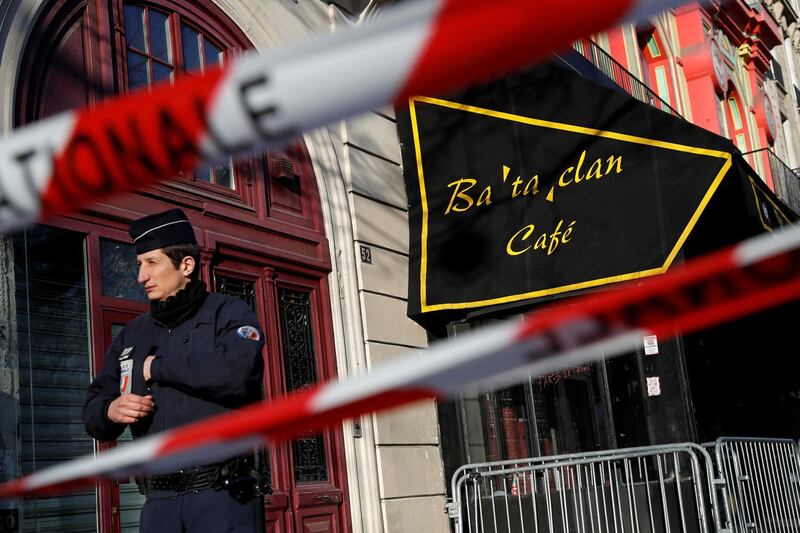Last Saturday, panic gripped a New York City music festival. After hearing a loud bang, which some people interpreted as a gunshot, members of the audience began to flee. Fear quickly rippled through the crowd. The police later reported that the noise was caused by someone stepping on and bursting a plastic bottle.
In a country where more than 260 mass shootings have occurred this year alone, US citizens have good reason to worry about attending public events. However, they are not alone. Since January 1, 2018, more than 960 incidences of mass violence have been perpetrated worldwide, killing more than 5,300 people.
The events of September 11, 2001 marked a paradigm shift in our lives. The destruction of the World Trade Center towers in New York may have taken place before social media existed, but the world was still able to follow the gruesome news in real-time, via live TV broadcasts. Suddenly, the fear of similar attacks spread through communities and nations that had previously had little cause for such concern.
I am lucky enough to have no direct experience of a similar event. I can only imagine the trauma experienced by those who witness at close quarters the carnage inflicted in attacks such as the mass shooting at a country music show in Las Vegas a year ago, or the bombing of the Ariana Grande concert in Manchester in May 2017.
Fear, once it has taken root, is difficult to dislodge. The knowledge that something awful could happen turns all public events into potential disasters. Any suspicious sound or behaviour sets alarm bells ringing, triggering and spreading hysteria.
One would be forgiven for thinking that, in the event of an attack, the primary human instinct would be to save our own lives. But, according to Dr Anthony Mawson from Louisiana State University, that might not be the case. In a 2005 edition of the academic journal Psychiatry, he wrote that "the typical response to a variety of threats and disasters is not to flee but to seek the proximity of familiar persons and places" and that "separation from attachment figures is a greater stressor than physical danger". That's why, when on a flight, we are told to put on our own oxygen mask before trying to help loved ones or anyone else. In extreme situations, it turns out, people are more altruistic than we might at first give them credit for.
Facial expressions of fear have been found to be a powerful medium for spreading fear. Yet, at a public event where people are running in all directions, faces might not be the first thing that people pay attention to. Vocalisations are also a major contributing factor in panic situations. Researchers at the Berkeley and San Francisco universities have recently found a strong correlation between verbal expressions of fear and levels of the stress hormone cortisol in those who hear them.
Like many others, I do have personal experience of the role that media expressions of fear play in increasing stress. In Paris on November 13, 2015, I was lying in a hotel room, having trouble sleeping. I picked up my phone and saw a stream of updates reporting the terrible events that had unfolded at the Stade de France football stadium, the Bataclan concert venue and elsewhere in the city.
I switched on the TV and was immediately consumed by terror. No one knew what was happening. For a while, it felt like Paris was under siege. My sense of unease only intensified when I heard people shouting in anguish at the news in neighbouring rooms.
During the following months, I slept extremely badly. This should not have come as a surprise. Sleep disorders are commonly experienced by those who have been directly involved in traumatic events, but also by those who have been exposed to media coverage of mass violence. A study of 1,878 respondents in France, conducted one month after the Bataclan attacks and published earlier this year in the Journal of Psychiatric Research, revealed a significant correlation between exposure to traditional and social media reports of the events and the disruption of sleep experienced by subjects.
It is an unfortunate fact of modern life that no one is ever completely safe and that, try as we might, it is impossible to insulate ourselves from the effects of violence. From crowded public gatherings to the solitude of or own beds, we are all in this together.
Professor Olivier Oullier is the president of Emotiv, a neuroscientist and a DJ






